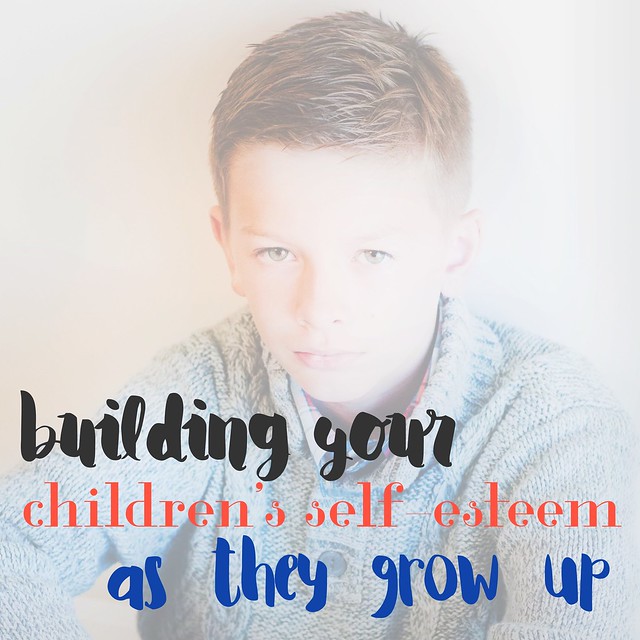How do children move from having stellar self-esteem when they are in kindergarten to having much weaker confidence levels by the time they graduate high school? Well, there are a lot of factors at play during this change, and the biggest one likely is outside influence. Because of that, it’s important that parents work hard at home to keep building their children’s self-esteem throughout their school years. Here is a helpful breakdown of some confidence-building practices by age range that can guide parents in their mission to raise healthy children with positive self-images.

- Younger Kids – The years before children hit double-digit ages are perhaps the easiest time to instill self-esteem in their personalities. Parents routinely do this by creating a positive environment in the home, where there are plenty of opportunities to praise them for a job well done. Rather than being critical of their mistakes – remember, they are still learning a lot of things – they should be given chances to succeed and get good feedback when they do.
In addition to teaching them that they are important, it’s crucial to also show them how to be considerate of other people’s feelings. It’s likely they may be hearing negative comments from other children at school, so parents have to counteract that at home and help them learn how to cope with mean words and the bad feelings that can come with them. - Middle Schoolers – By the time children reach middle school, their personalities have solidified quite a bit. However, they are also more susceptible to the opinions of their peers. Therefore, parents need to shift their approach a bit when it comes to building self-esteem. They can make their kids understand that even if the children attempt something and fail, they are proud of the effort. It helps kids to focus on the challenge itself and not the outcome.
Children in the 11-14 age range can be prone to acting out as they test boundaries. Parents should make it clear that they don’t define their children by their bad behavior or emotional outbursts. They can share the message that they support their kids even when they struggle. At the same time, parents can expose their children to new opportunities and experiences that allow them to gain confidence and expand their world view. - High Schoolers – High school is when self-esteem can really plummet. Teens can be outspoken in their criticism of others, and those repeated messages can take their toll. Parents can be sure to praise their teens’ efforts and not compare them to others. Each person is unique and shouldn’t be held to the standards of others.
The high school years also can lead to a lot of negative self-talk, and teens need their parents’ guidance to help them learn to deal with destructive thoughts. Even when teens push their parents away in a quest for independence, parents have to keep showering children with affection and positive messages. This can be tough when teens protest, but perseverance is needed. It likely will pay off in the long run.
It’s best for parents to start early when working to build self-esteem in their children. It’s a campaign that will last throughout childhood, but it’s importance cannot be understated. In the face of negativity, the foundation of positive self-esteem that parents can build will give kids tools to use as they approach adulthood.




Maryann D.
January 2, 2017 at 8:12 amI agree that it’s best for parents to start early when working to build self-esteem in their children. Hopefully when children start school they can attend with a bit more confidence.